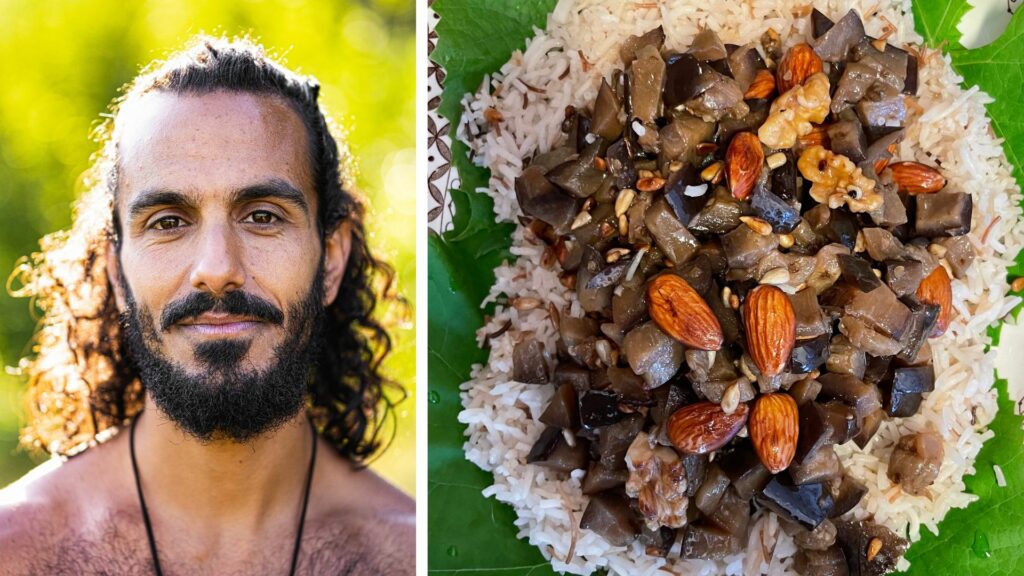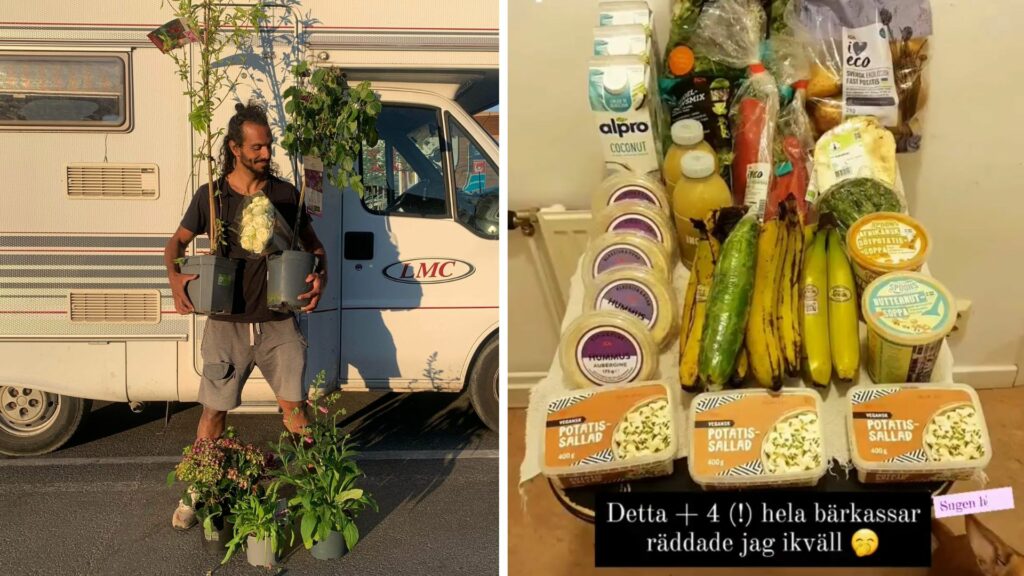
Gurgin Bakircioglu is highly involved in several current social issues, including climate and animal rights. We spoke to him about his approach to plant-based eating.
“It is an issue that touches my heart since I witnessed the slaughter of a goat in Kurdistan. After living in denial for many years, I could no longer turn a blind eye to the goat’s suffering. The initial shift happened in me then, but was followed by another decade of active denial before I finally chose to stop eating meat in 2011 and later went vegan in 2016.
I came to the realization that animals, these amazing creatures that share our earth, are meant to live in freedom and harmony, just like us humans. It became clear to me that it is not right for me to deprive them of their right to life and dignity for the sake of my taste buds or old habits.”
To Gurgin, the hardest thing about veganism is the environment.
“To see the most intelligent people around you trying to defend something so wrong and indefensible is hard. Being vegan in a world that doesn’t always understand or support this lifestyle can be difficult. But whether you’re Kurdish or Swedish, the choice to be vegan is, actually, simple and achievable.”

For people who are curious about eating more plant-based but may not be ready to take the plunge, Gurgin says:
“Be open to learning more! There are incredible health and climate benefits to a vegan diet. I started my vegan journey for the sake of animals and then discovered the connection to climate change. Now, as I train crossfit 6-7 days a week, I have realized that you can actually have elite athletic ambitions with a plant-based diet. It is amazing to be able to build a strong body and endurance without having to eat anything that has had eyes, ears, nose, mouth – or a mother.”
Practice dumpster diving
In addition to going vegan, Gurgin has been continuously “dumpstring” food for four years.
“Our inefficient food system has a huge leak where huge amounts of food are thrown away every day, while people go to bed hungry. If food waste were a nation, it would be the third largest source of greenhouse gas emissions globally, after China and the US. We often approach food waste from the wrong end of the stick, trying to promote awareness, support initiatives to reduce food waste and improve the distribution of food to those who need it most. But we need to start at the other end: with production. We need clear laws and rules to follow if we really want a sustainable and fair food system.”

When asked what changes Gurgin would like to see in society to reduce meat consumption, he wants to focus on healthcare, education and social services.
“Every day, almost every third Swede eats at least one meal provided by healthcare, school and care, which means that every day there is an opportunity to reduce three million people’s emissions with the help of a vegan, climate-smart, public meal. Remove animal products from all public meals. A plant-based meal is not only sustainable and nutritious, it also saves time and money as it eliminates the need of “special diets”. A vegan meal is halal, kosher and free of milk, eggs, fish, seafood and can easily be made free of peanuts, soy, nuts, seeds and other allergenes. There are only benefits to this, from economic ones to health related wins.”
—
*Dumpstring comes from the English word “dumpster diving”, which means taking care of things that have been thrown away.